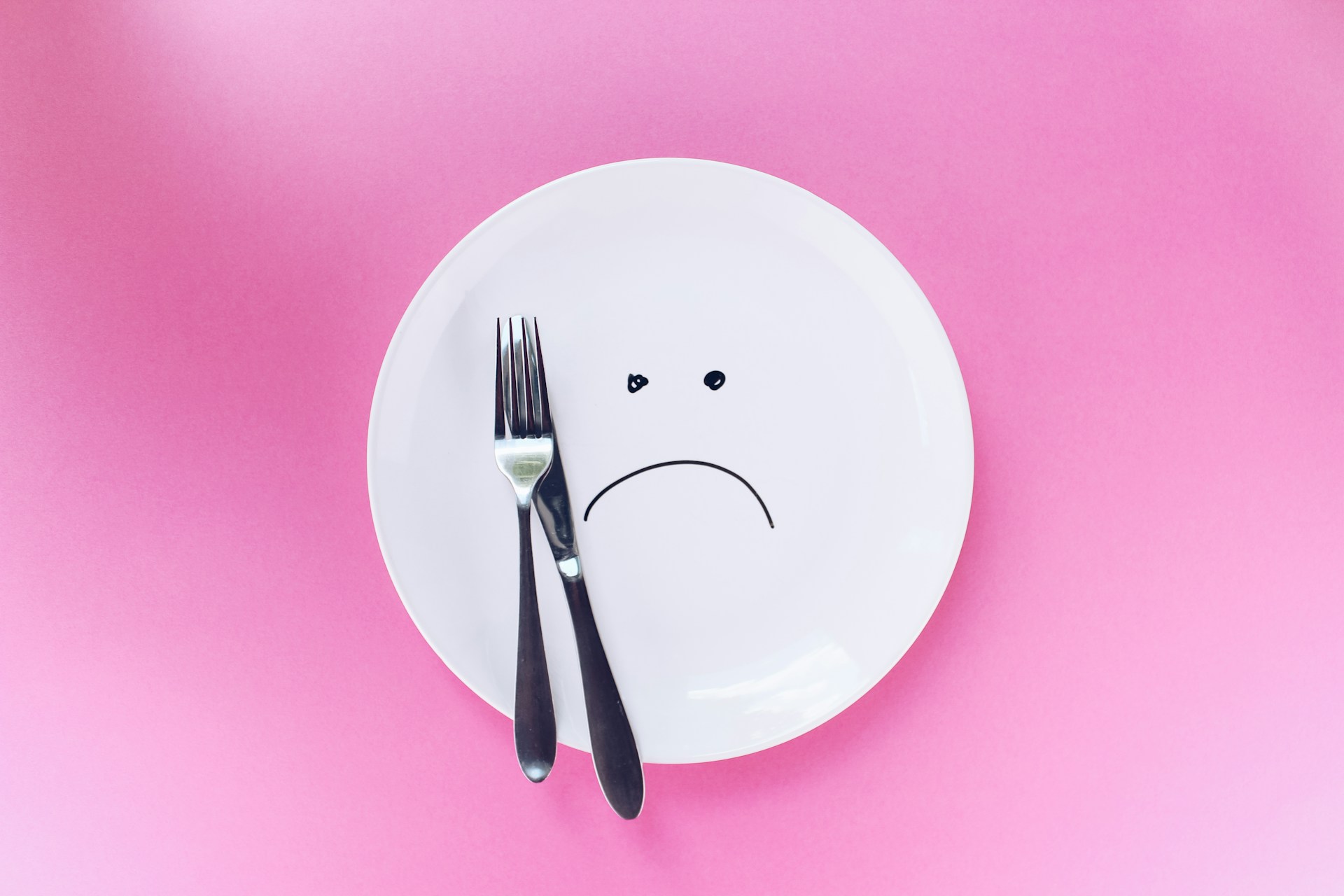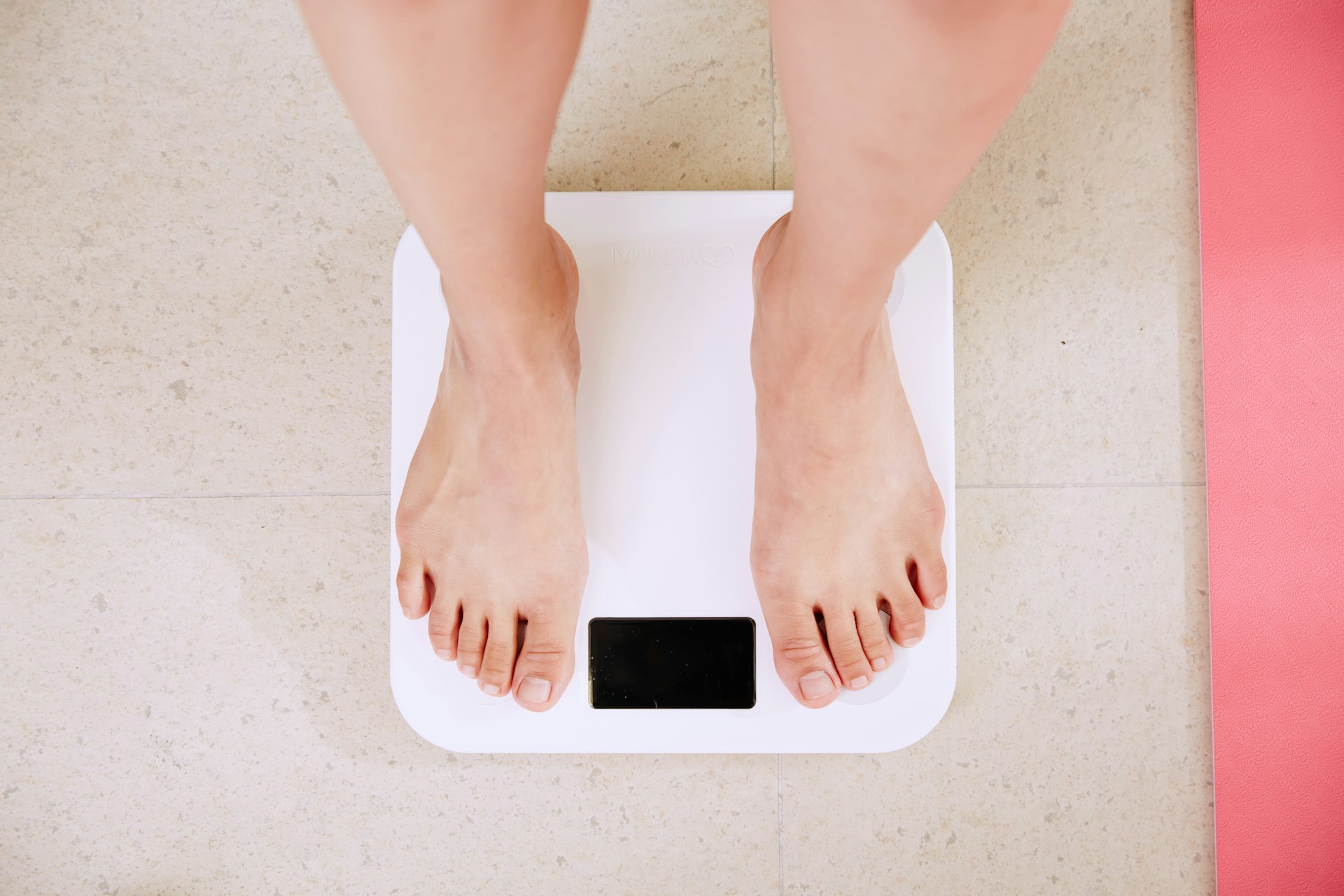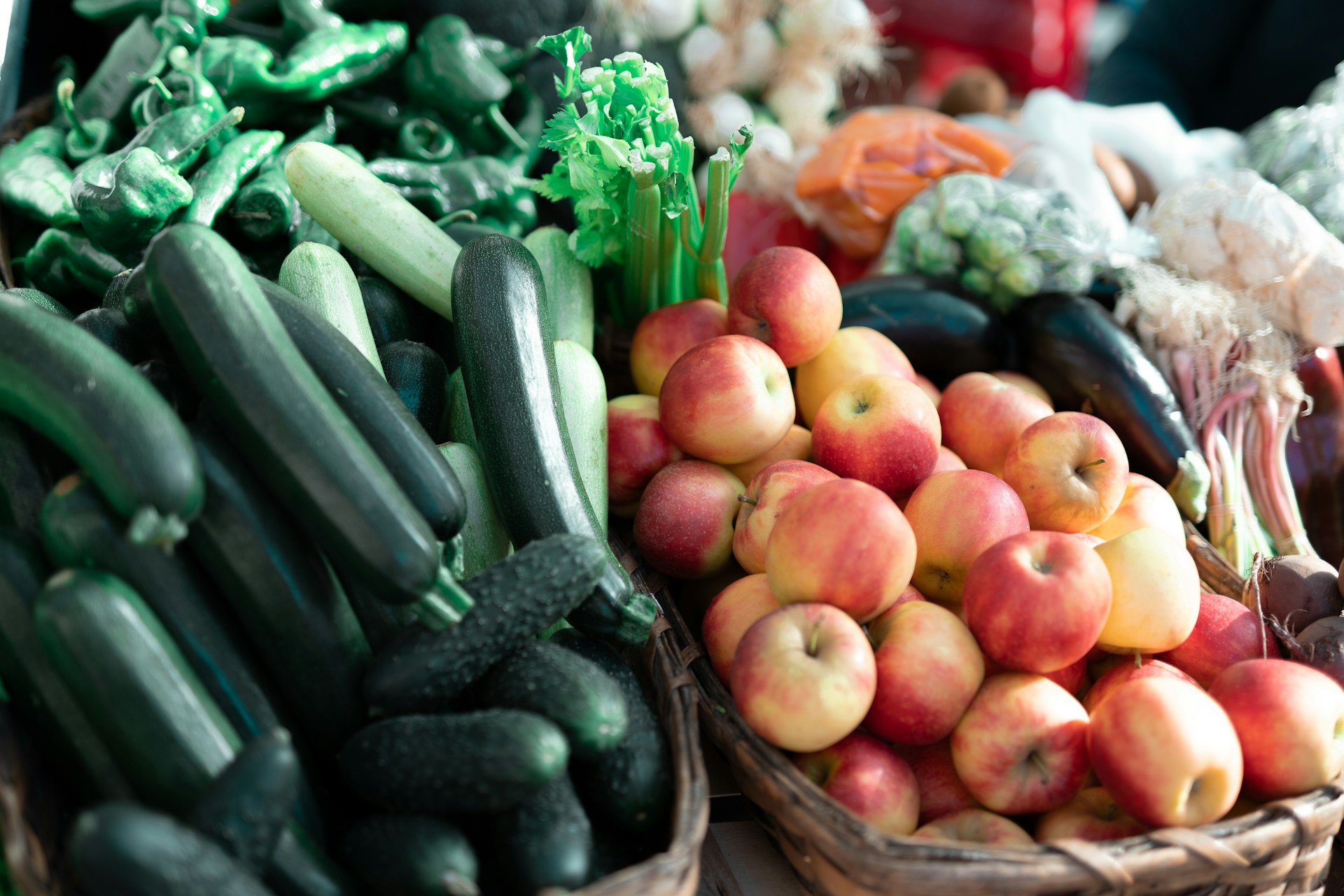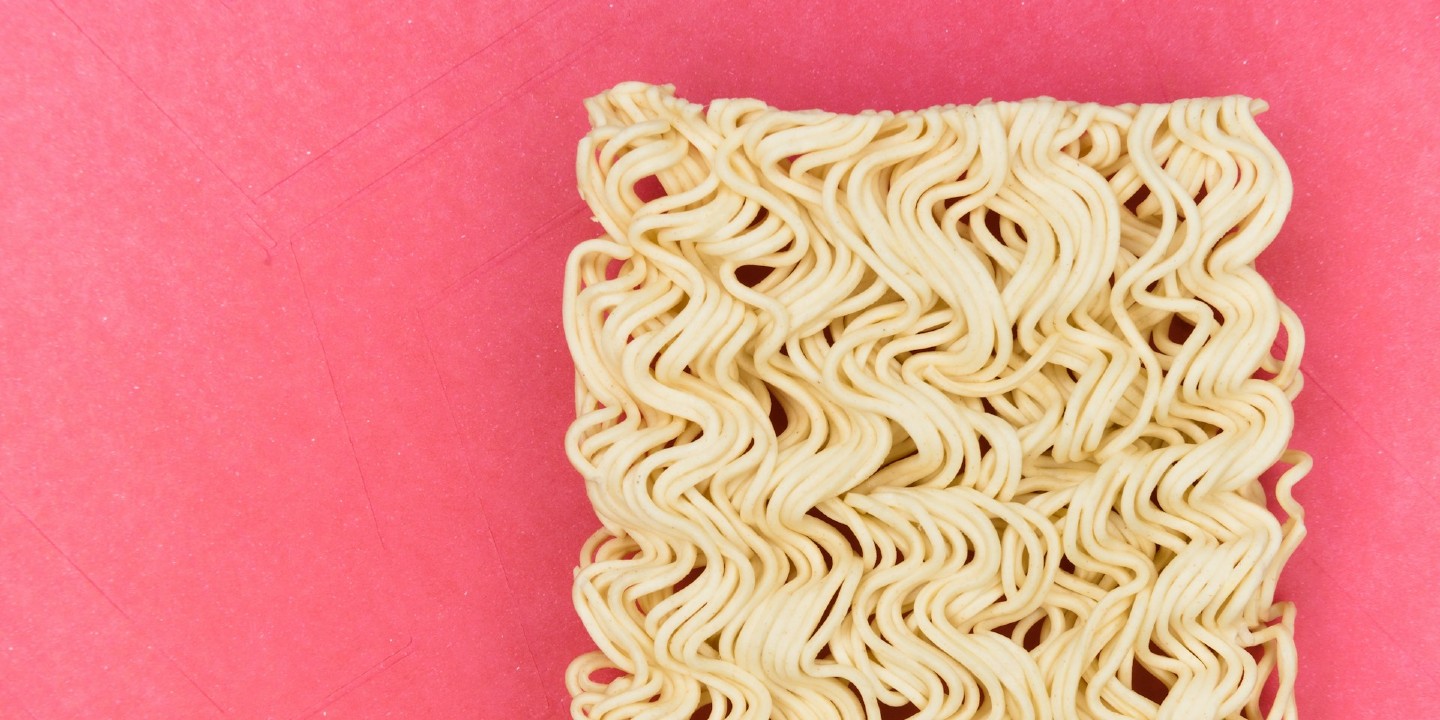10 Unhealthy Dieting Habits To Ignore & 10 Healthy Practices To Follow
Have you been wanting to start a diet but weren't sure how to? While you might just be thinking it's all about reducing your calorie intake, there's so much more to it than that. To make sure you start your weight loss journey on the right foot, we want to make you aware of 10 unhealthy dieting habits you definitely need to avoid and 10 healthy ones that you should be following.
1. Skipping Meals
While you might think skipping meals will help you reduce the amount of calories you eat, it has a much more negative effect than you may realize. Skipping meals can lead to excessive hunger, which may cause overeating later in the day. It'll also make you lose a lot of energy, making you feel less motivated and tired. This unhealthy habit can disrupt your metabolism and make it harder to maintain or lose weight effectively, the opposite of your goal.
 Photo by Volodymyr Hryshchenko on Unsplash
Photo by Volodymyr Hryshchenko on Unsplash
2. Relying on Crash Diets
Crash diets typically involve restricting calories to the extreme or cutting out specific food groups with the goal of losing weight in a short, rapid amount of time. But relying on these crash diets only offer temporary solutions that can lead to yo-yo dieting, where weight is repeatedly lost and regained. Not to mention, these diets tend to be nutritionally unbalanced and unsustainable in the long run.
 Photo by Total Shape on Unsplash
Photo by Total Shape on Unsplash
3. Over-restricting Calories
It's important that when you start dieting, you set realistic goals that work for your body. Over-restricting calories can not only slow down your metabolism, but it can also decrease muscle mass. It's important that you consume enough calories daily to support your energy levels, your base metabolic rate, and maintain your overall health.
 Photo by Victoria Aleksandrova on Unsplash
Photo by Victoria Aleksandrova on Unsplash
4. Cutting Out Entire Food Groups
Cutting out entire food groups leads to nutritional deficiencies and health problems. There's something to be gained from every food group, so instead, you should be eating a balanced diet that includes a variety of foods. After all, it's essential for your body to get all the necessary nutrients.
 Photo by Diana Polekhina on Unsplash
Photo by Diana Polekhina on Unsplash
5. Obsessing Over 'Clean Eating'
Obsessing over "clean eating" can lead to an unhealthy relationship with food, one where you start labelling certain foods as either "good" or "bad." This can create a toxic environment where your mindset causes anxiety and guilt around eating.
 Photo by Christina Rumpf on Unsplash
Photo by Christina Rumpf on Unsplash
6. Neglecting Hydration
Never forget to drink plenty of water on a daily basis! Neglecting hydration is often overlooked in dieting, so let's not forget that water is essential for digestion, absorption, and transportation of nutrients. It also helps with feeling full and can aid in weight loss.
 Photo by manu schwendener on Unsplash
Photo by manu schwendener on Unsplash
7. Using Laxatives or Diuretics for Weight Loss
It's never a good idea to rely on laxatives or diuretics for weight loss. It can cause dehydration, electrolyte imbalances, and plenty of other health issues. These methods don't provide sustainable or healthy ways to lose weight. Try to remember losing weight is a journey, one that requires consistency and determination before you start seeing results.
 Photo by Towfiqu barbhuiya on Unsplash
Photo by Towfiqu barbhuiya on Unsplash
8. Over-relying on Supplements
Over-relying on supplements instead of getting nutrients from food can lead to major problems like imbalances within your body and health issues. While supplements can be beneficial, they should never replace a varied and balanced diet.
 Photo by Mika Baumeister on Unsplash
Photo by Mika Baumeister on Unsplash
9. Ignoring Hunger Signals
Always listen to your body - it's telling the truth! Ignoring hunger signals and not eating in response to your body's needs can disrupt natural hunger cues and metabolism. Listening to your body is key to maintaining a healthy relationship with food!
 Photo by Thought Catalog on Unsplash
Photo by Thought Catalog on Unsplash
10. Focusing Solely on the Scale
It's not about the numbers, it's about the journey. Focusing solely on the scale can be incredibly misleading because it doesn't differentiate between muscle, fat, and water weight. It's also just not good to obsess over the numbers - progress happens over time and it's much more important to stay focused on your healthy eating habits.
1. Eating Balanced Meals
Let's move on to the 10 healthy practices that you SHOULD do. We can't stress enough the importance of eating balanced meals every day. Make sure you're getting a mix of carbohydrates, proteins, and fats at every meal. This balance is what supports sustained energy levels and nutrient intake throughout the day.
 Photo by Travis Yewell on Unsplash
Photo by Travis Yewell on Unsplash
2. Prioritizing Whole Foods
Prioritizing whole foods means choosing minimally processed foods rich in nutrients. Whole grains, fruits, vegetables, lean proteins, and healthy fats are cornerstones of a nutritious diet.
 Photo by Brenda Godinez on Unsplash
Photo by Brenda Godinez on Unsplash
3. Staying Hydrated
Once again, always remember to stay hydrated! It's crucial not just for your weight loss, but also for your overall health. Drinking enough water supports digestion, nutrient absorption, and can help manage your hunger levels, aiding your diet.
 Photo by engin akyurt on Unsplash Go to engin akyurt's profile engin
Photo by engin akyurt on Unsplash Go to engin akyurt's profile engin
4. Practicing Mindful Eating
What is mindful eating you may ask? It asks you to slow down and to pay more attention when you're eating your food. By eating slowly, it can enhance your enjoyment of meals and help to prevent overeating by recognizing fullness signs more effectively.
 Photo by Farhad Ibrahimzade on Unsplash
Photo by Farhad Ibrahimzade on Unsplash
5. Including a Variety of Foods
Try your best to include as many different types of food into your diet to ensure you're getting a wide range of nutrients. For example, eating different coloured fruits and vegetables can help achieve this nutrient variety. Sure, green is the colour of health, but throw in some yellow bell peppers, some carrots, and so on!
 Photo by Edward Howell on Unsplash
Photo by Edward Howell on Unsplash
6. Planning Meals and Snacks
If the idea of dieting scares you because you don't know what to eat for every meal, it's a good idea to plan ahead. Planning meals and snacks can help you make healthier choices and avoid the temptation of less nutritious options. It's also just nice knowing exactly what you have to prepare on a daily basis! Preparing in advance will ensure you always have access to healthy meals and snacks at a moment's notice.
 Photo by Gabrielle Henderson on Unsplash
Photo by Gabrielle Henderson on Unsplash
7. Listening to Your Body
Start being more in tune with your body by listening to when it's telling you you're hungry and stopping when you're full. Dieting doesn't mean you have to starve yourself or overeat foods that don't make you feel full. It's all about honouring your body's signals and promoting a healthy relationship with food.
 Photo by Fernando Brasil on Unsplash
Photo by Fernando Brasil on Unsplash
8. Limiting Added Sugars and Refined Grains
Of course, when you're dieting, it's important that you limit added sugars and refined grains which can support your weight management. It's also just good for your overall health, reducing your risk of chronic diseases. In place of this, try opting for natural sources of sweetness and whole grains instead.
 Photo by Faran Raufi on Unsplash
Photo by Faran Raufi on Unsplash
9. Cooking Meals at Home
We know eating out or ordering take out is always tempting because of its convenience, but cooking meals at home is more optimal for your dieting journey. Homecooked meals allow you to control the ingredients you put in and the portion sizes. They also tend to be more nutritious and lower in calories than restaurant meals (it's likely cheaper too!).
 Photo by Hillshire Farm on Unsplash
Photo by Hillshire Farm on Unsplash
10. Focusing on Nutrient Density
Focusing on nutrient density means choosing foods that are high in nutrients but relatively low in calories. These foods, such as fruits, vegetables, lean proteins, and whole grains, provide essential vitamins and minerals for fewer calories. It doesn't mean your food has to be boring though - there are plenty of ways to eat delicious, hearty meals while still staying within the guidelines of your diet.









